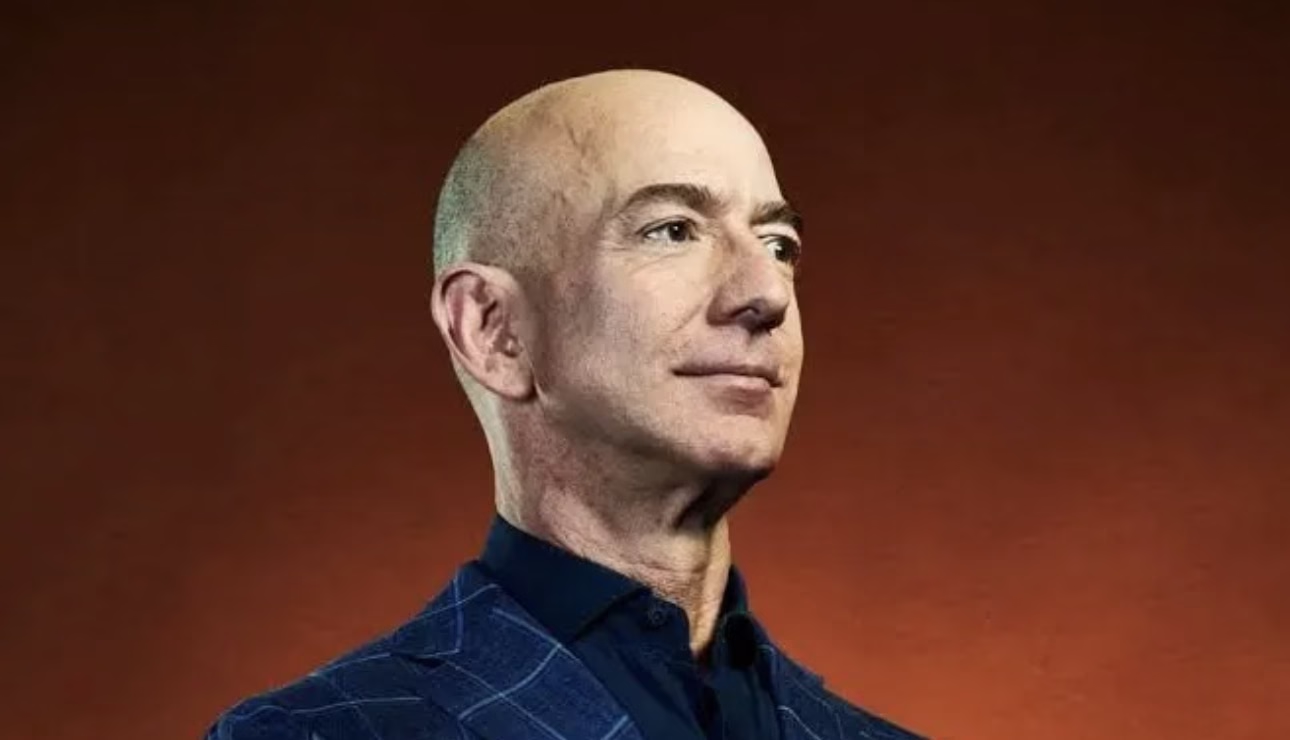Bezos Wants Our Factories on the Moon — And Earth Saved for Life

Jeff Bezos is once again thinking far beyond the horizon — this time, not about rockets or retail, but the survival of Earth itself. His message is simple, urgent, and almost sci-fi: to preserve our planet, humanity must move heavy industry to the Moon.
Bezos, founder of Amazon and space company Blue Origin, believes the Earth is becoming too delicate to host the factories, data centers, refineries, and energy-hungry machines that drive modern civilization. The billionaire says the long-term solution is to shift these operations off-planet and keep Earth primarily for living, breathing, and thriving.
“You begin to appreciate how thin the atmosphere is when you see Earth from space,” Bezos said. “If we want this beautiful planet to remain vibrant for our grandchildren, heavy industry must eventually operate elsewhere — starting with the Moon.”
Why the Moon?
Bezos envisions a future where space is not just a destination but an industrial zone powered by abundant solar energy and free from ecological constraints. The Moon, he says, will be humanity’s first industrial park beyond Earth — a place where machines can run without polluting oceans, skies, and forests.
The plan isn’t immediate. Bezos admits this transformation will take decades, major technological advances, and unprecedented global cooperation. But he insists the idea is more than wishful thinking: it’s a necessity.
A Planet Under Pressure
Environmental scientists agree that the planet is under intense stress. As economies grow and energy demand surges, so does the footprint of human industries. Bezos argues that Earth wasn’t designed to host unlimited industrial expansion.
“The truth is, Earth is the best place for life — not industry,” he said.
A Future-Shifting Proposition
If realized, Bezos’ proposal could reshape human civilization:
- Earth becomes a residential and ecological zone
- Factories, data centers, and energy grids shift to the Moon or orbiting platforms
- Massive solar arrays in space power both Earth and off-planet industries
- Human settlement on the Moon accelerates to support industrial operations
It sounds like science fiction. But for Bezos, who has spent billions pushing the boundaries of private space travel, it’s the next logical step.
Critics Say It’s Too Ambitious — But Bezos Calls It Necessary
Skeptics argue the logistics are astronomical — literally. Transporting materials, constructing lunar infrastructure, and sustaining workers or robots on the Moon will require unmatched innovation.
Bezos agrees, but says delaying the conversation is even riskier.
“This isn’t about giving up on Earth,” he emphasized. “It’s about easing the pressure so Earth can flourish.”
What It Means for the Rest of Us
The idea may feel distant, but its impact will reach sectors from energy to manufacturing, mining, agriculture, and global governance. For Africa — and Ghana in particular — this could mark a new era of space-linked industries, renewable energy partnerships, and futuristic economic opportunities.
For now, Bezos’ Moon-first industrial vision remains a grand blueprint. But like all transformative ideas, it begins with imagination — and the courage to rethink the possible.
www.nsemgh.com

